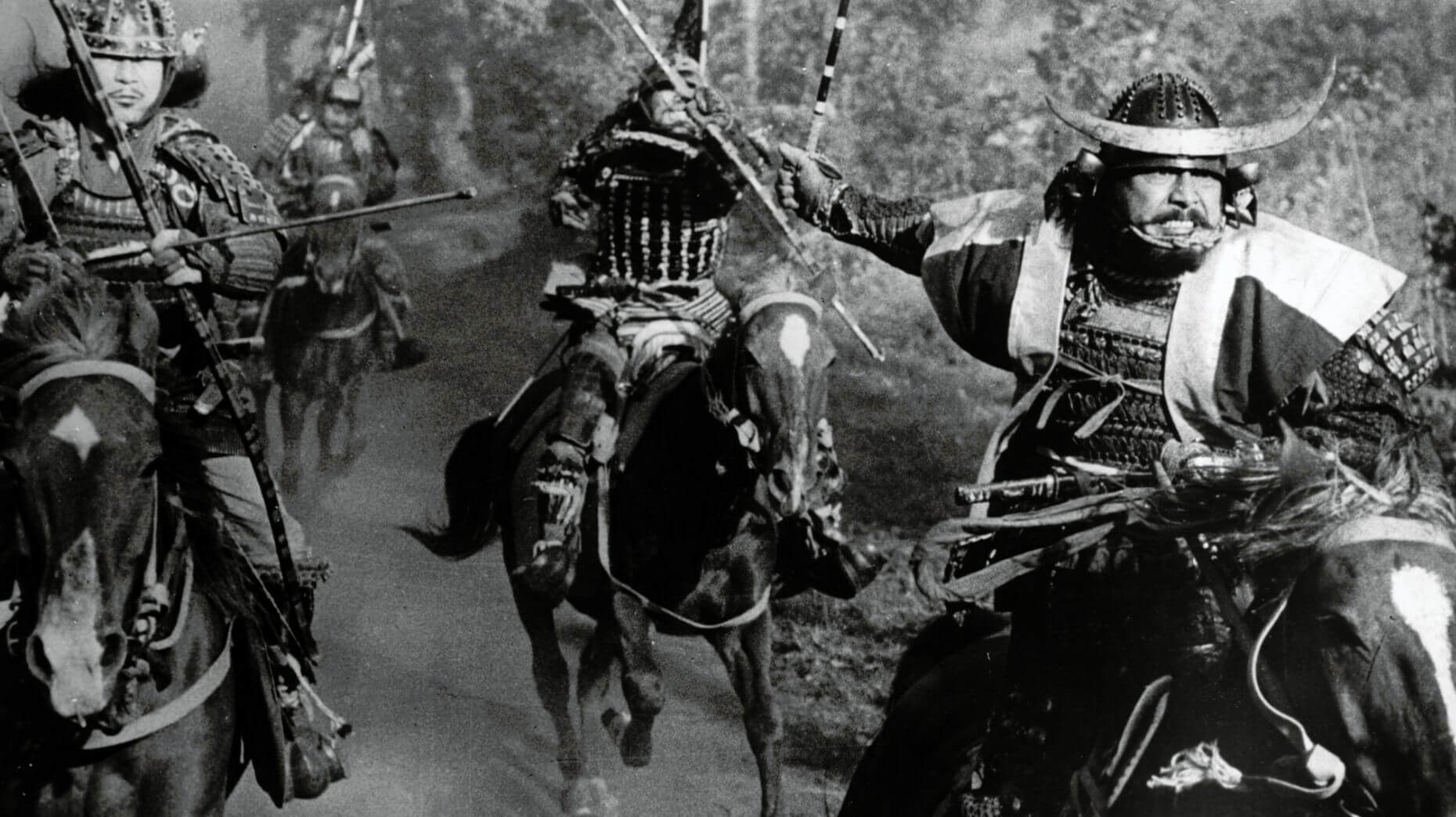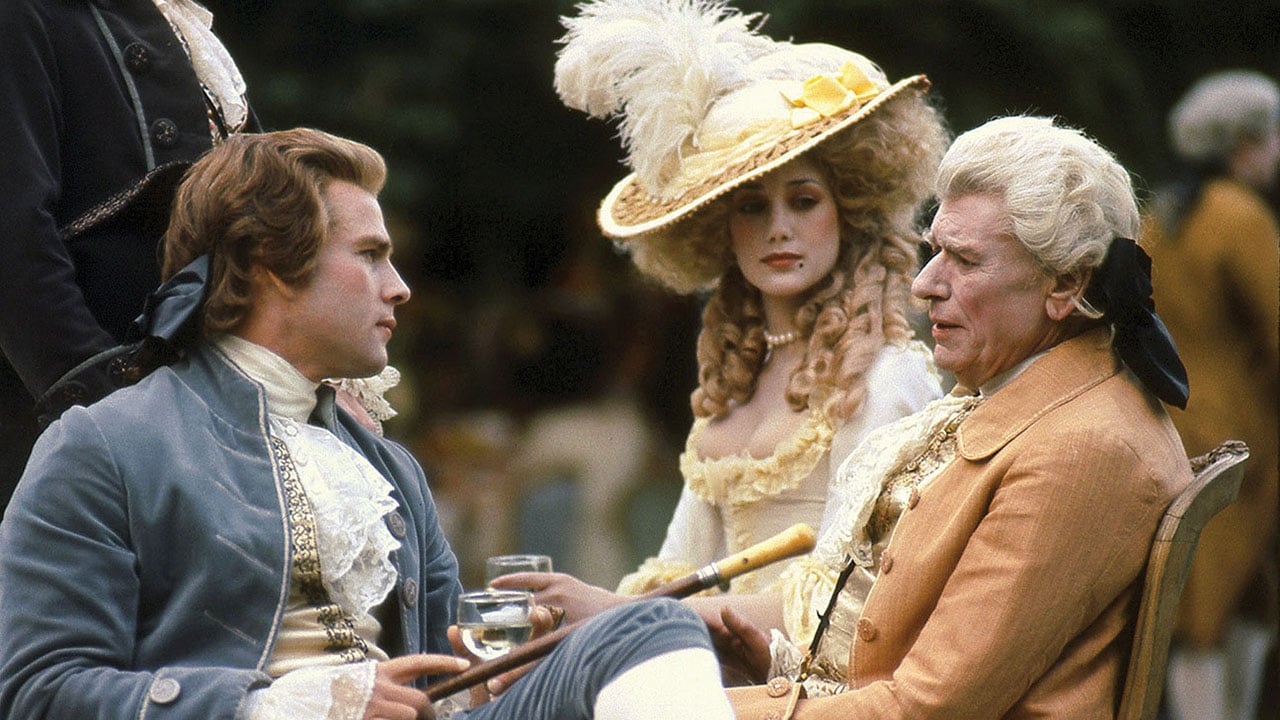Joker: A psychological film that provides the viewer with an emotionally strong experience
October 19, 2019
“For my whole life, I didn’t know if I even really existed. But I do, and people are starting to notice.”
Out of all the films I have recently seen, Joker is the one that left the strongest emotional impact. Days after my first viewing of the film, I was still thinking about Joker.
Another joker
After the Joker depiction in The Dark Knight, done by Heath Ledger, the bar for a Joker character was raised significantly. But Joaquin Phoenix managed to bring another great depiction of the Joker to the big screen as he, arguably, performed the best role he has ever done. The acting and improvisation he did make you empathize with Arthur Fleck and the mental struggles, internal conflicts and the emotions that were going through his head.
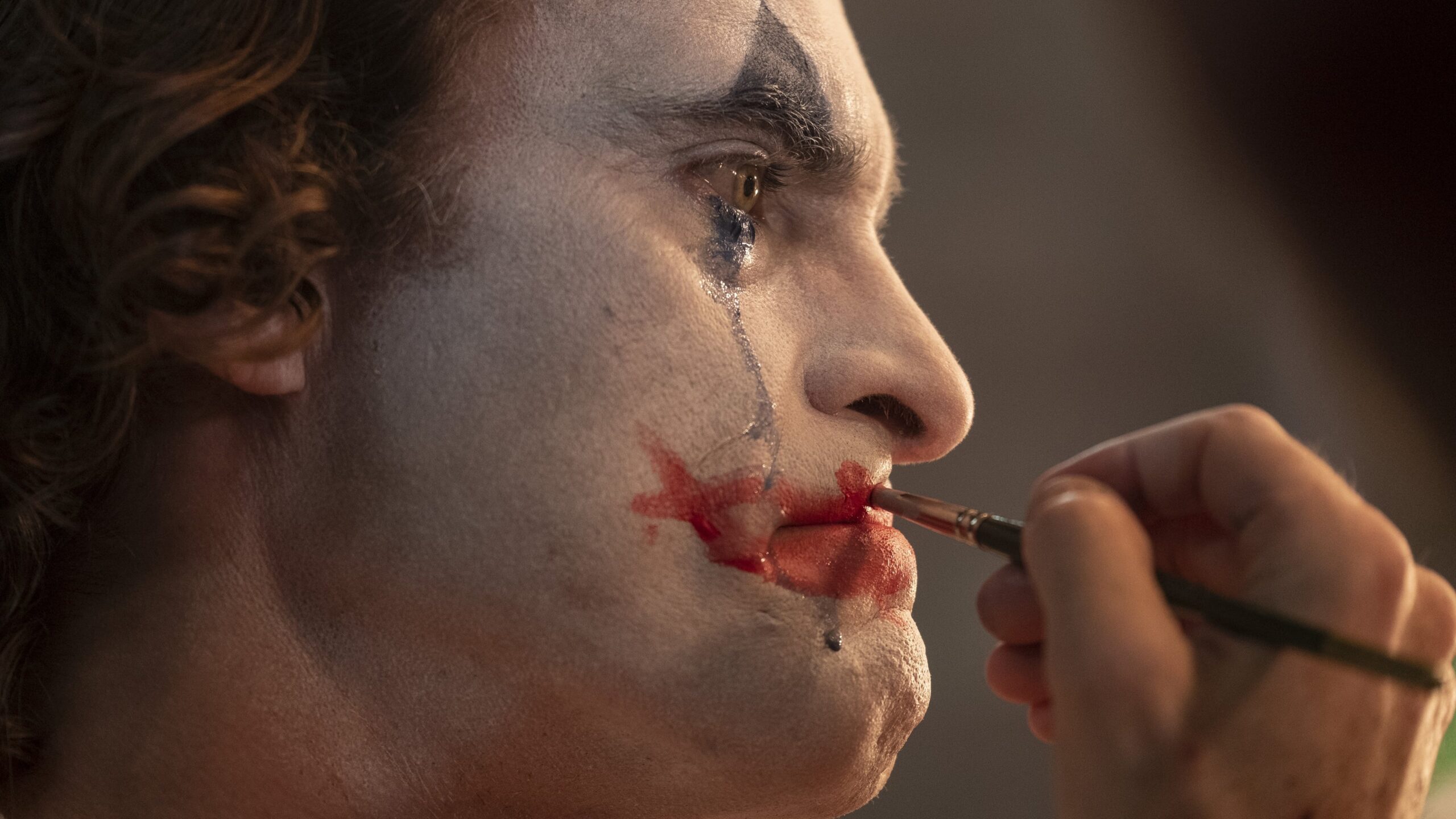
Beautifully shot sadness
The cinematography of this film visualizes Gotham City as a worn and sad place. The shots are, most of the time, focused on Arthur inside this worn and sad Gotham City. The camera movements are interconnected with Arthur’s emotions, which enhances the emotional attachment the viewer has with Arthur. A great example of this is the hand-held camera during the bathroom scene.
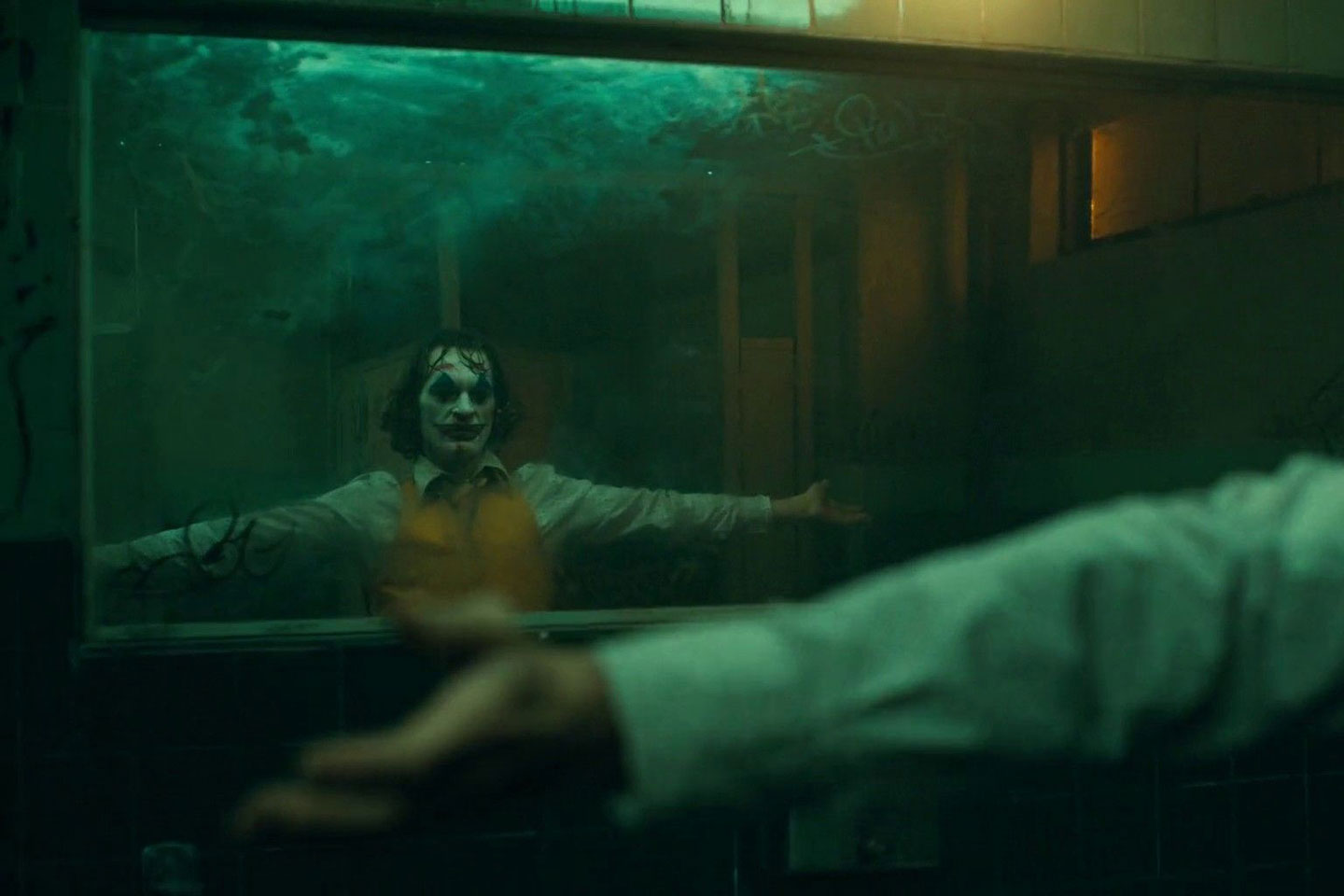
A strong emotional score
The score, by Hildur Guðnadóttir, transfers the emotions of Arthur Fleck to the viewer. In this score, you can hear when Arthur is sad and vulnerable. You can hear his rise towards something stronger as he gains confidence. You can hear his internal conflict between Arthur Fleck and the Joker. And in the end, the score lets you hear, and makes you feel, that Arthur’s transition to become the Joker has settled.
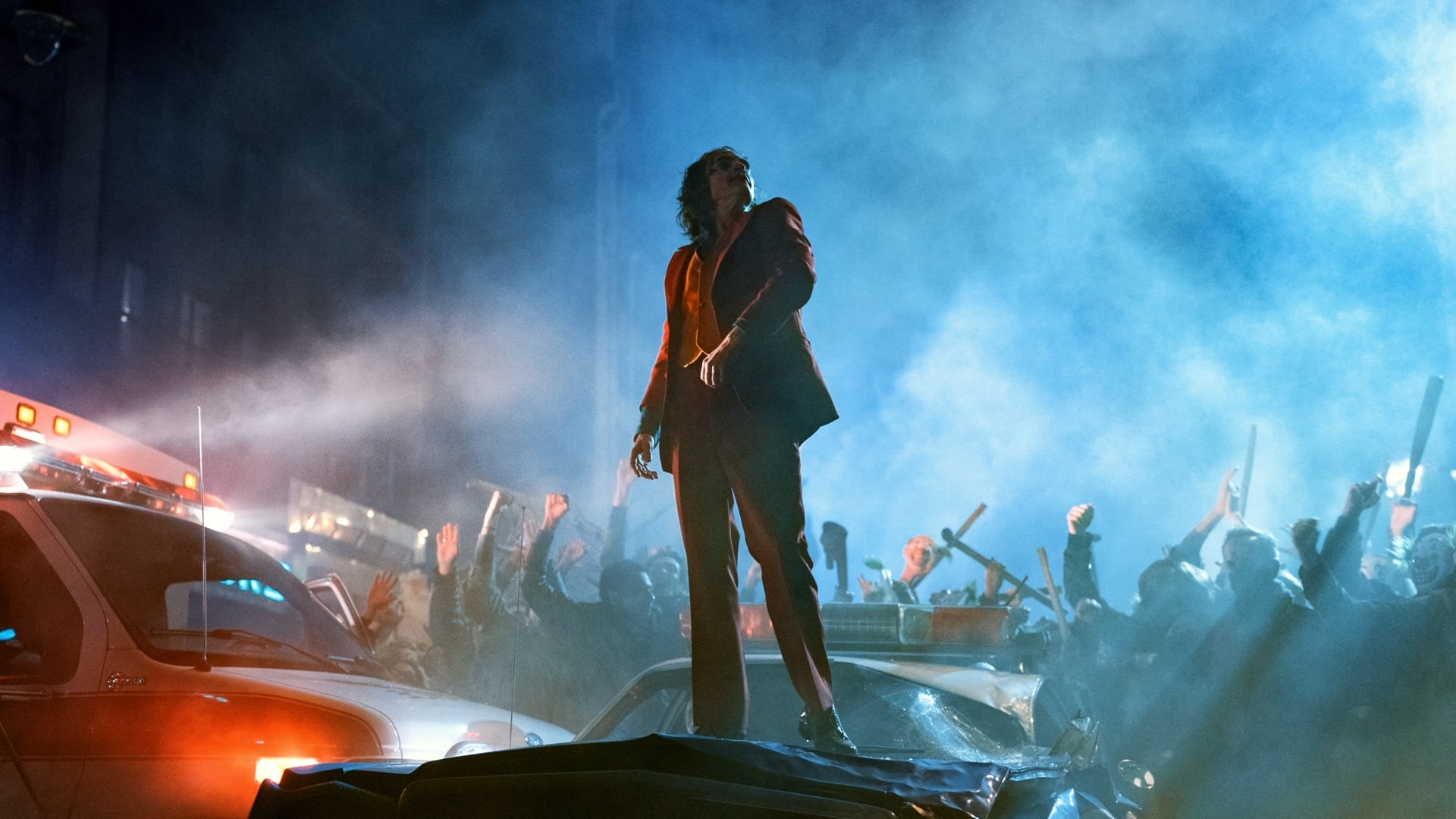
The emotion-focussed cinematography, combined with the emotionally dynamic score by Hildur Guðnadóttir, lets the viewer experience the same emotional rollercoaster that Arthur Fleck experiences. An experience that does not fade away anytime soon.

